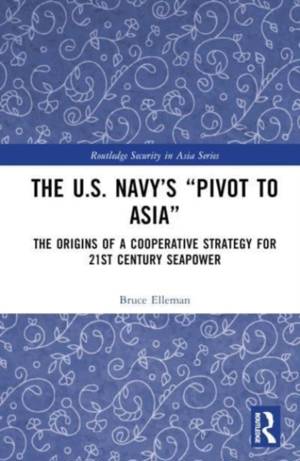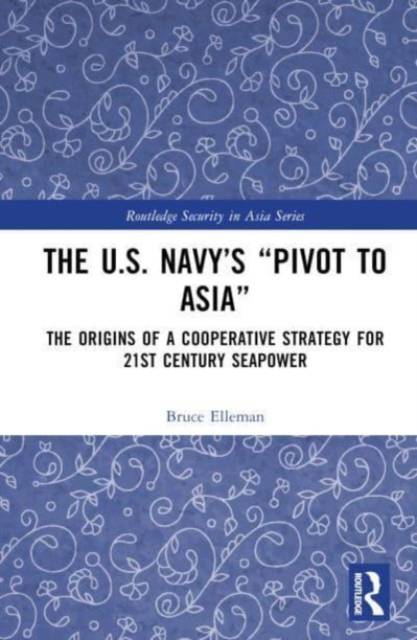
- Retrait gratuit dans votre magasin Club
- 7.000.000 titres dans notre catalogue
- Payer en toute sécurité
- Toujours un magasin près de chez vous
- Retrait gratuit dans votre magasin Club
- 7.000.0000 titres dans notre catalogue
- Payer en toute sécurité
- Toujours un magasin près de chez vous
The United States Navy's Pivot to Asia
The Origins of a Cooperative Strategy for Twenty-First Century Seapower
Bruce a EllemanDescription
This book examines the origins of the US Navy's 2007 Maritime Strategy, the formation of the US government's "Pivot to Asia" strategy, and the most recent revisions to this strategy that focus more specifically on China. Besides examining the details of this strategy formulation, the book explores the internal and external repercussions on the US Navy of the Pivot to Asia. It discusses the "Fat Leonard" scandal, which involved bribery and corruption in contracts for the maintenance of the US fleets in the region, and considers the sharp decrease in training and readiness of the Pacific fleet to support the pivot, which in turn led to serious maritime collisions. It also assesses the impact of the pivot on other countries in the region, engaging in the debate as to whether the pivot was necessary in order to convince the countries of the region that the United States had not lost its staying power, or whether the pivot managed to make tensions in the Asia-Pacific worse even while allowing the strategic situation in the Middle East and Europe to worsen as a result of neglect.
Spécifications
Parties prenantes
- Auteur(s) :
- Editeur:
Contenu
- Nombre de pages :
- 246
- Langue:
- Anglais
- Collection :
Caractéristiques
- EAN:
- 9781032444949
- Date de parution :
- 30-06-23
- Format:
- Livre relié
- Format numérique:
- Genaaid
- Dimensions :
- 156 mm x 234 mm
- Poids :
- 539 g

Les avis
Nous publions uniquement les avis qui respectent les conditions requises. Consultez nos conditions pour les avis.






